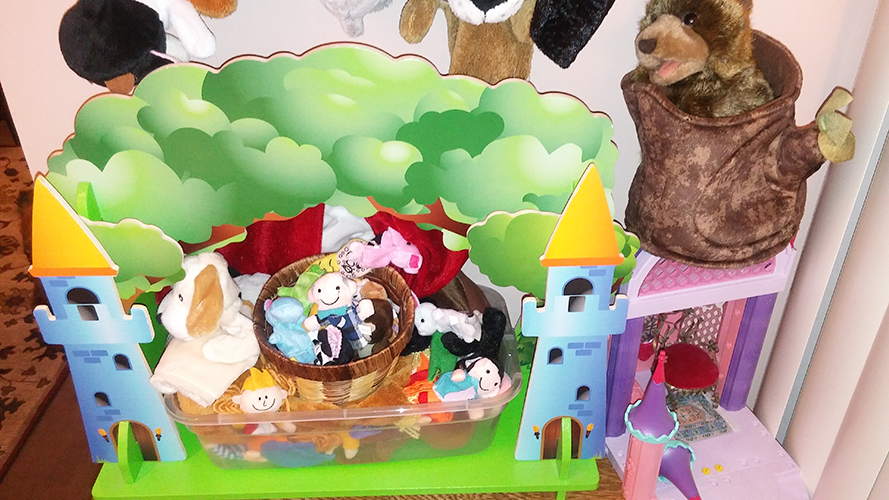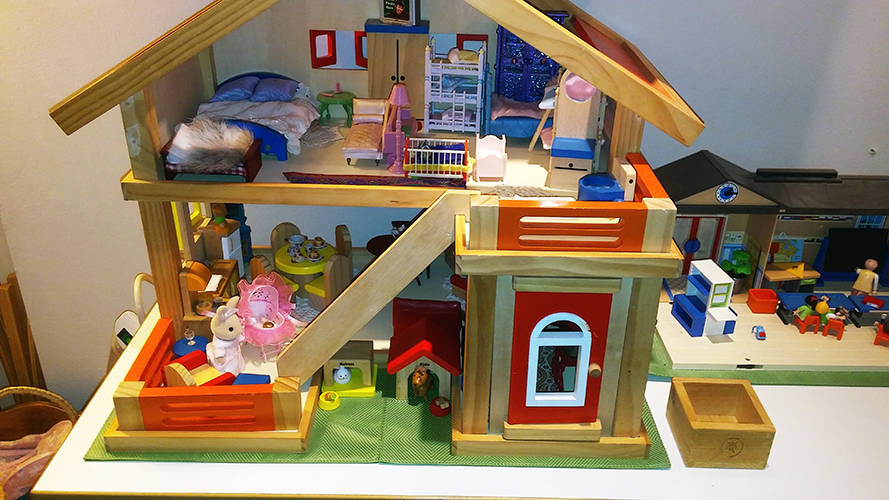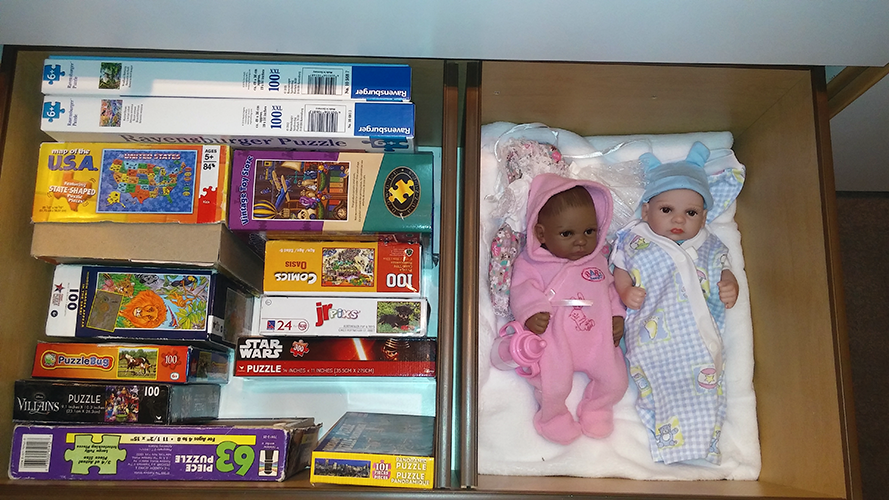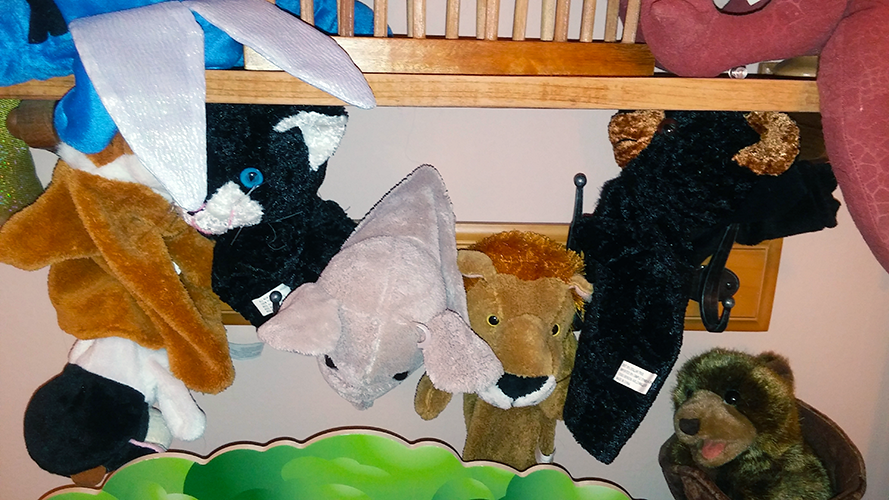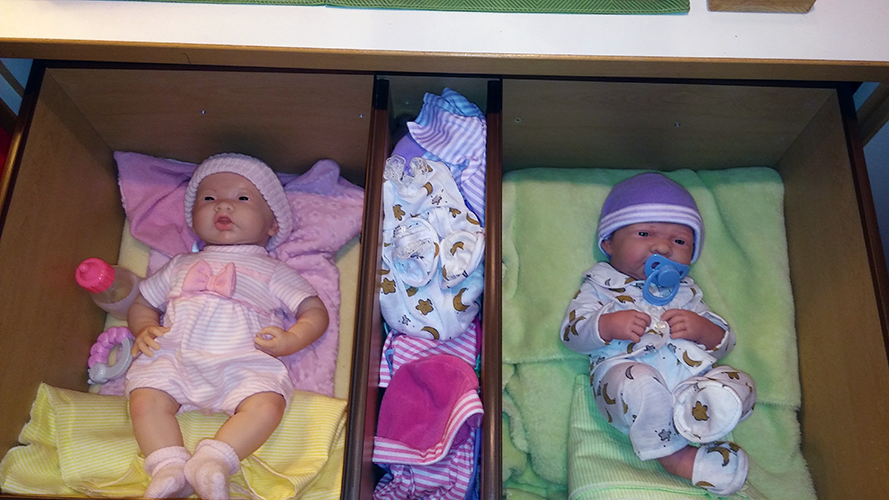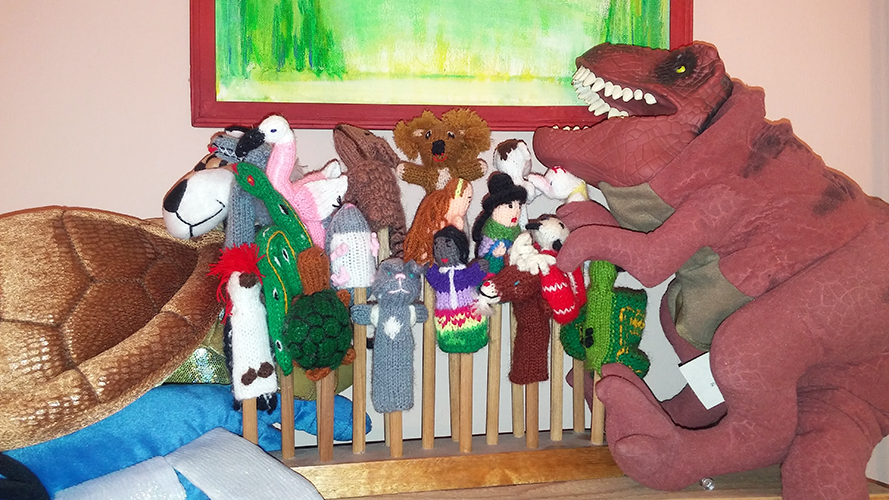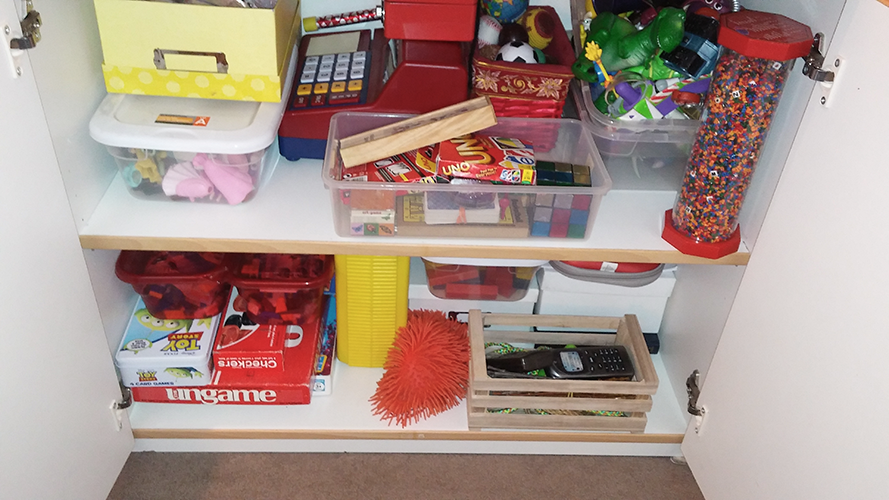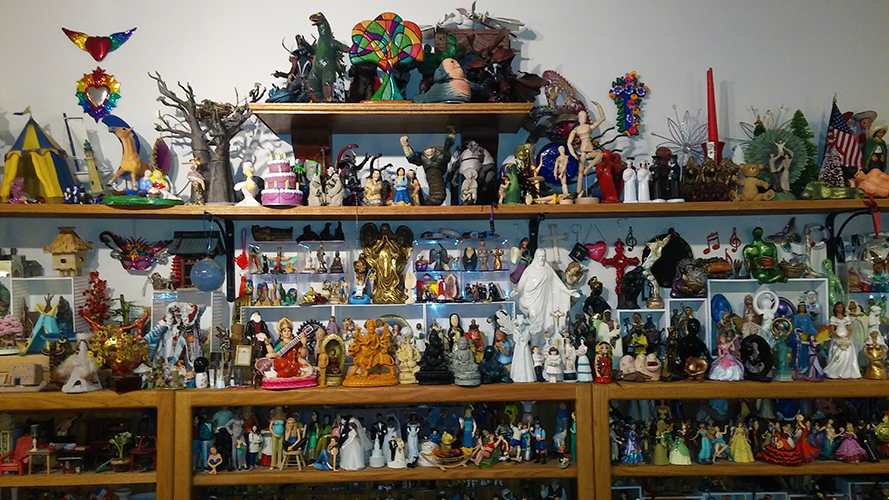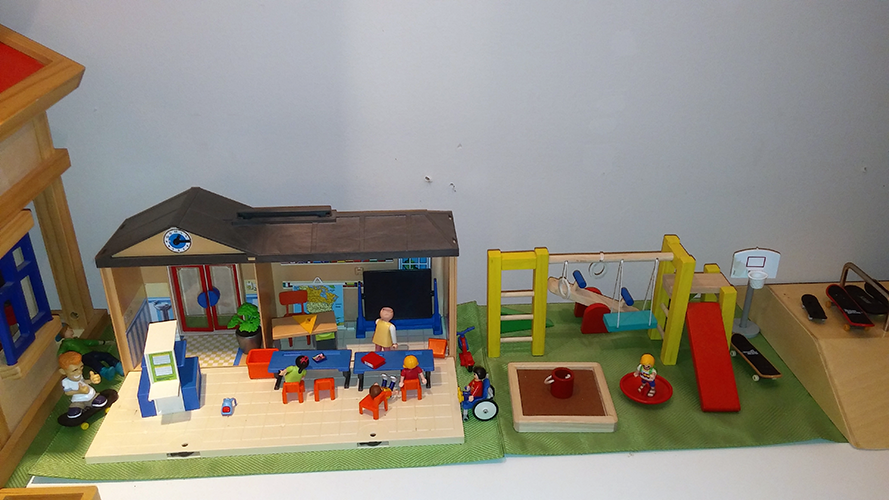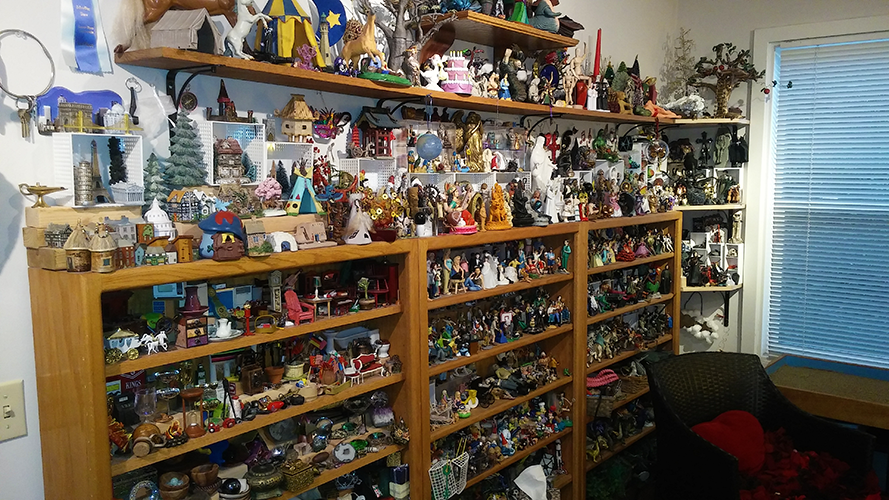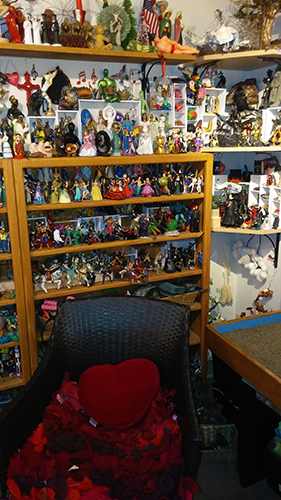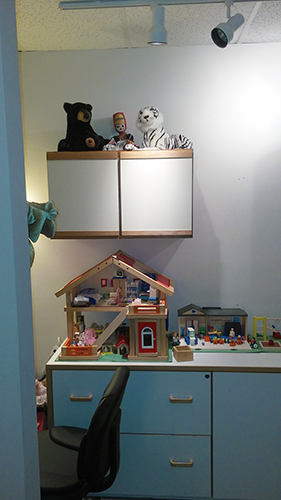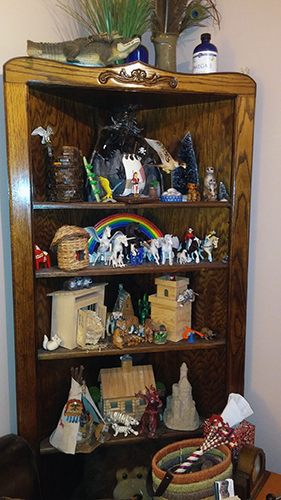

Dr. Laura Strom is a nationally Registered Play Therapist (RPT 3178).
When your child is hurting, and having difficulty, you want to do anything you can to make it better. Sometimes you feel so helpless. Fortunately, play therapy helps.
“Play Therapy is based upon the fact that play is the child’s natural medium of self expression … It is an opportunity which is given to the child to play out her/his feelings and problems just as in certain types of adult therapy an individual talks out his difficulties.” — Virginia Axline
I use child-centered play therapy with younger children. I am a Registered Play Therapist (RPT 3178) through the US Association for Play Therapy. Becoming an RPT meant I had 150+ hours of education in play therapy, and received 500 hours of supervision of my work. I am proud to be an expert in working with traumatized children.
Our sandplay room contains sandtrays, and a wide variety of toys of all types. There are baby dolls, a cash register and play money, art supplies, games, a doll house, medical kit, puppet theater, and much more. Kids love coming to play with me here!
Below are several videos about play therapy. I suggest you watch them in the order in which they appear. The Parents Corner on the Association for Play Therapy website is another good resource for learning more.
Excerpt below from the Association for Play Therapy (APT) website found here:
APT defines play therapy as “the systematic use of a theoretical model to establish an interpersonal process wherein trained play therapists use the therapeutic powers of play to help clients prevent or resolve psychosocial difficulties and achieve optimal growth and development.”
More simply put, child play therapy is a way of being with the child that honors their unique developmental level and looks for ways of helping in the language of the child play. Licensed mental health professionals therapeutically use play to help their clients, most often children ages three to 12 years, to better express themselves and resolve their problems.
Play Therapy works best when a safe relationship is created between the therapist and client, one in which the latter may freely and naturally express both what pleases and bothers them.
Mental health agencies, schools, hospitals, and private practitioners have utilized Play Therapy as a primary intervention or as supportive therapy for:
- Behavioral problems, such as anger management, grief and loss, divorce and abandonment, and crisis and trauma.
- Behavioral disorders, such as anxiety, depression, attention deficit hyperactivity (ADHD), autism or pervasive developmental, academic and social developmental, physical and learning disabilities, and conduct disorders.
Research suggests Play Therapy is an effective mental health approach, regardless of age, gender, or the nature of the problem, and works best when a parent, family member, or caretaker is actively involved in the treatment process.
Learn more about how Play Therapy can make a difference in your child’s life here.


